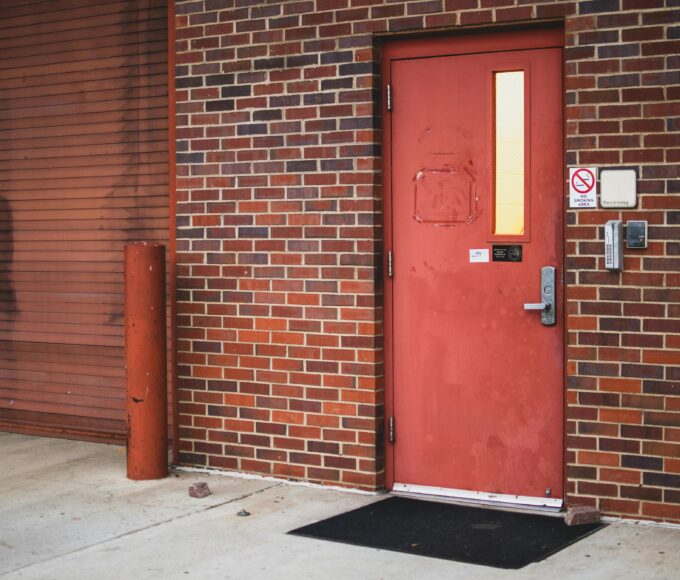Overseeing a stratum system may sometimes resemble negotiating a challenging labyrinth. Everything operates easily and effectively when there is a competent strata manager. What transpires, however, if that partnership no longer benefits your community? Although it may seem intimidating to switch strata managers, doing so may invigorate your property management with new ideas and vitality.
Knowing when and how to transfer providers is important, whether you’re looking for better service, coping with communication problems, or facing financial difficulties. This book will take you through the reasons for changing, the necessary preparations before starting this trip, how to select a new manager that is the ideal match for your requirements, and the many advantages that result from making this crucial decision. Continue reading if you’re prepared to take charge of the future of your property!
Motives for Strata Manager Changes
Any community’s ability to function smoothly depends heavily on its stratum management. Changing strata managers Sydney may be due to a number of reasons.
Poor communication is one prevalent problem. Anger may rise fast if your strata manager is uncooperative or doesn’t notify the tenants. Homeowners who communicate well are more engaged and trusting.
Mismanagement of finances might be an additional factor. Unexpected costs and ambiguous budgeting procedures may cause resentment in the neighbourhood. Keeping things clear is crucial to preserving mental tranquillity.
Furthermore, poor maintenance services can lead to tenants looking for new management. Inadequate maintenance or delays in repairs may lower the value of a home and lower occupant satisfaction.
A change in the ownership structure can need new leadership. The demands of communities change with time, and finding a manager who can adapt to these new goals might rekindle interest in the stratum program.

Actions to Do Prior to Switching Strata Managers
It’s a good idea to collect all pertinent data before starting the process of switching strata managers. Examine current contracts and familiarise yourself with the conditions. This lessens the chance of fines or other issues.
Talk to the people on your committee. Their observations might provide a more comprehensive viewpoint on problems with performance or areas that need development.
Next, evaluate the performance of your present strata manager closely. Describe the particular concerns that prompted the change-consideration. It will be easier to have conversations with possible future management if these points are documented.
Get ready for meetings where you will openly address this shift with the residents. Openness promotes trust and makes all parties aware of impending developments.
Create the perfect profile that will attract the next strata manager. To make sure they meet the demands of your community, take into account aspects like their management style, communication style, and experience.
Seeking a Different Strata Manager
Selecting a new stratum manager is a crucial first step in making sure your property succeeds. Start by getting referrals from other real estate agents or other property owners. Their knowledge may point you in the direction of reliable choices.
After you’ve compiled a list, carefully investigate every applicant. Examine their websites, evaluations, and any internet testimonies that are accessible. This will enable you to assess their dependability and repute.
Set up interviews with prospective managers after that. Prepare enquiries that centre on their background, manner of speaking, and attitude to problem-solving. Not only are credentials important, but so is the way a candidate interacts with your community.
Remember to ask about costs and services provided. Here, transparency is essential; make sure there are no unstated expenses that can come as a shock later on. Clear communication from the outset sets the tone for your partnership going forward.

The Advantages of Switching Strata Managers
Your home and neighbourhood may see major changes if you switch strata managers. Choosing a manager that shares your goals might result in improved service quality and communication. The management style is often revitalised by a new viewpoint.
The most noteworthy advantage is better money management. Transparent reporting and prudent financial management are essential components of an effective stratum management program, which eventually benefits all owners. Within the community, trust is fostered by this clarity.
Furthermore, a fresh strata manager could provide creative solutions for enduring problems. They might use simplified procedures or cutting-edge technologies to improve operational effectiveness. These adjustments save time and money in addition to simplifying processes.
Furthermore, over time, changing to a proactive management may greatly raise property values. A desirable environment is one that draws in prospective tenants or purchasers via efficient management and routine upkeep.
Sydney communities may better manage their living areas and make sure all owners’ opinions are heard throughout decision-making procedures by switching strata managers. When your existing setup isn’t working, it’s worth considering adopting this adjustment since it may lead to resident happiness, development, and cooperation.















